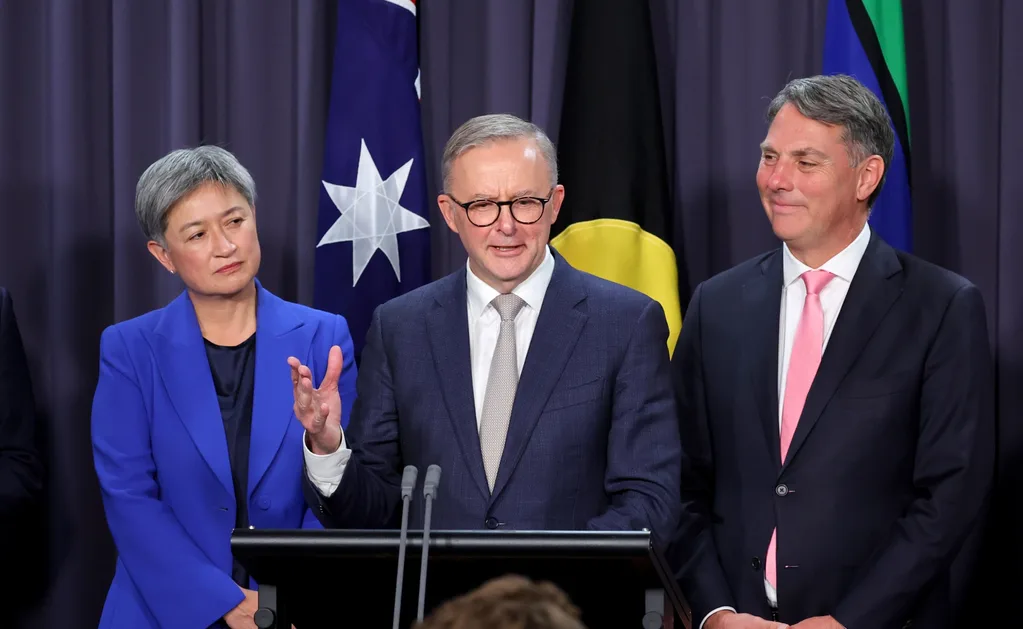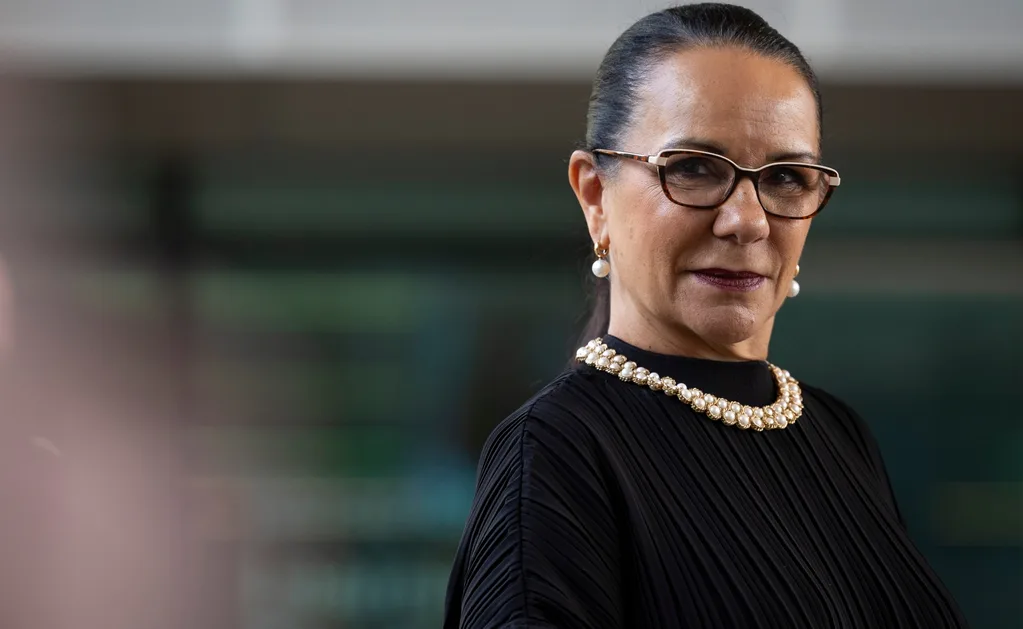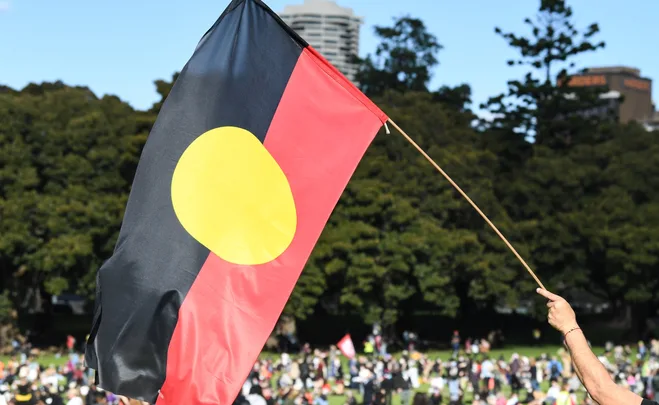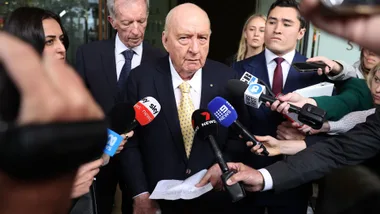The election of Anthony Albanese means many things for Australia—but the first thing the newly appointed Prime Minister addressed in his victory speech was his ambition to create an Indigenous Voice to Parliament, a sign of the Labor Party’s commitment to the Uluru Statement from the Heart.
Indigenous leaders have been calling for this to happen for years, yet under Morrison’s government, we’ve heard all but crickets in conversations around reforming the Constitution—which makes no special mention of Indigenous people, nor acknowledge their prior occupancy or pre-existing rights.
Albanese said he wants to call a referendum in his term of government, Australia’s first referendum in 20 years, in order to create a permanent Indigenous advisory body to the federal parliament.
So what exactly does this mean for Australia? Below, everything you need to know about the Voice To Parliament, and the Uluru Statement from the Heart.

What is the Voice To Parliament?
The voice to parliament is entrenched in three principals outlined in the Uluru Statement from the Heart: Voice, Makarrata and Truth. These principles are what Aboriginal and Torres Strait Islander people identify as necessities to repair and move forward as a united nation.
The “voice” principal symbolises a First Nations Voice in parliament, which could be an elected representative body of Indigenous Australians who would advise parliament on policies and laws affecting Aboriginal and Torres Strait Islander people.
“Makarrata” refers to bridge-building and treaties, and “Truth” is an acknowledgement of a national process of truth-telling.
What will a Voice To Parliament mean?
As it stands, The Australian Constitution does not acknowledge the occupancy of Indigenous people, nor their rights. Albanese has said he hopes to call a referendum in parliament to change this.
It’s something Indigenous leaders have been calling for for more than five years. While it’s not yet certain exactly how a Voice To Parliament would look, or how it would operate, it would be a body designed to sit outside of parliament with the ability to advise and share input on policies which would affect Australia’s future. It is voice, it is makarrata, and it is truth. It would unify Australians.

Will there be a referendum?
Albanese will need support from both houses of parliament in order for Constitutional reform to go to a referendum. Given the Liberal’s lack of action on the Statement to date, it could prove to be challenging—but that said, the increased number of Independents who have now knocked several major Liberals from their seats at the 2022 election (including the ‘teal’ candidates), means that Labor will likely be met with more support.
Labor’s Linda Burney, Australia’s first Aboriginal woman to be the Indigenous Affairs Minister, said that the referendum would “change Australia”.
“It’s just so exciting,” she said, adding that a comprehensive public education campaign would be necessary to explain what the Voice would mean to Australians before a referendum would be held.
Burney told media she hopes the referendum could be held on either May 27, 2023, the anniversary of the 1967 Indigenous referendum, or on January 27, 2024, which is the day after Australia Day.
“The political call will be when we think it’s going to be successful, but those dates are very instructive,” she said.
Watch this space—the outcome of 2022’s election is a promising sign of what could come. And about time too. The time truly is now.










